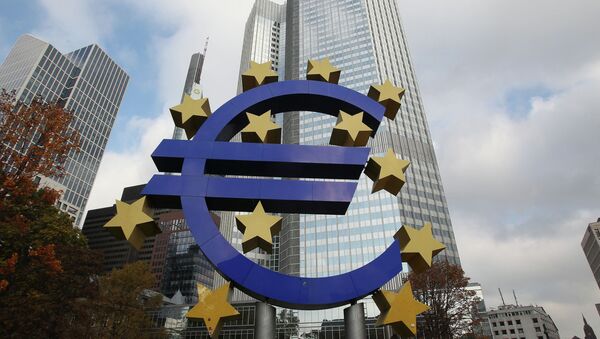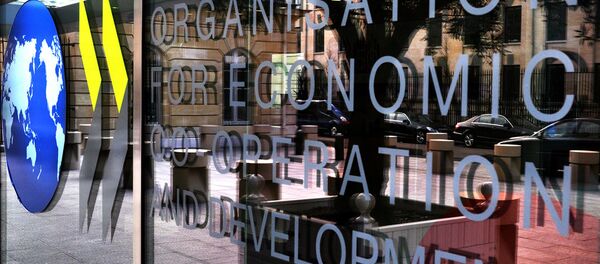The authors of the article, economists Laura Tyson, a professor at the Hass School of Business at the University of California, and Eric Labaye, Chairman of the McKinsey Global Institute wrote: "The United Kingdom’s referendum decision to leave the European Union only strengthens the case for more stimulus and unconventional measures in Europe. If a large majority of EU citizens is to support continued political integration, strong economic growth is critical."
Another problem is that European companies decreased annual investment by over €100 billion ($113) per year from 2008 to 2015. Businesses invest only if they are confident about future demand and manufacturing growth. However, Brexit has only deepened uncertainty and creates the possibility that the United Kingdom and the EU may collapse, the article read.
According to the economists, current monetary policy is ineffective. It should be revised, including alternatives to quantitative easing and extremely low interest rates.
The first possible option is helicopter money – directly crediting citizens with central bank funds, or crediting national treasuries to fund projects stimulating demand. An appropriately sized helicopter-money program would have a number of advantages, including raising demand in a measured way, the article read.
"And such an approach would cement the notion that central bank policy is 'the only game in town,' relieving elected government leaders of their responsibility for pro-growth policies and the fiscal decisions they control," the article read.
Another, a less risky way for stimulating demand would be a significant increase in public infrastructure investment funded by government debt, according to the article.
"From a macroeconomic perspective, infrastructure investment is a 'twofer' — it strengthens productivity and competitiveness in the long run and, where there is unused capacity, it boosts demand, output, and employment with significant multiplier effects in the short run," the authors explained.
However, they noted, Western governments have clamped down on infrastructure spending for years, giving precedence to austerity measures and debt reduction.
The authors added that these new tools would require structural reforms and a new approach to economic policy, including efforts to bolster demand.
"Europe needs a larger set of policy options. Quantitative easing and ultra-low interest rates should no longer be the only arrows in the macroeconomic policy quiver. These tools, along with excessive fiscal austerity, may have higher costs in terms of foregone employment and growth — and rising political discontent — than 'risky' alternative options," they concluded.







